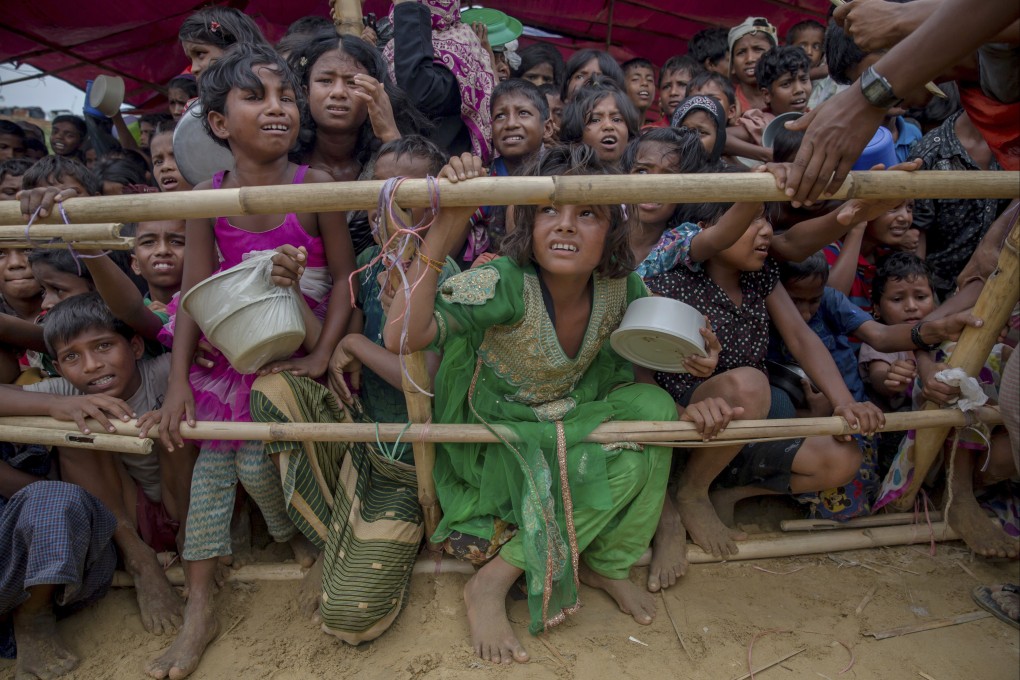Advertisement
As I see it | As US cries ‘genocide’ at China for Xinjiang, its silence on Myanmar’s Rohingya is deafening
- Details of both countries’ alleged abuses against their respective Muslim minority groups emerged the same year – and the evidence against Myanmar is damning
- By dragging its heels on condemning Naypyidaw, Washington risks revealing where its true motivations lie – especially after February’s coup, writes Maria Siow
Reading Time:2 minutes
Why you can trust SCMP
78

Why has the United States not accused Myanmar of committing genocide against it Rohingya Muslim minority, almost a year after saying the same of China and its Uygur Muslims in Xinjiang?
Given that the grim details of both countries’ alleged abuses against their respective minority groups emerged in 2017, the lack of censure from Washington as it drags its heels on condemning Naypyidaw is rather unfathomable.
Last week, US Secretary of State Antony Blinken said during a visit to the region that Washington was looking “actively” at whether actions taken in Myanmar might constitute genocide.
Advertisement
I am not sure what there is to look at, much less “actively”, given that thousands of Rohingya were killed by Myanmar troops after a brutal military crackdown in August 2017.
Nearly 1 million Rohingya subsequently fled Myanmar’s Rakhine state to take refuge in neighbouring Bangladesh.
Myanmar faces genocide charges in several international courts and a United Nations fact-finding mission even described the killings as a “textbook example of ethnic cleansing and slow-burning genocide”.
Advertisement
Select Voice
Select Speed
1.00x
